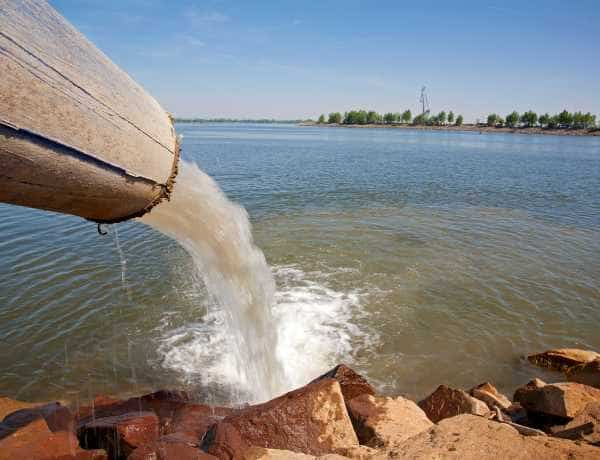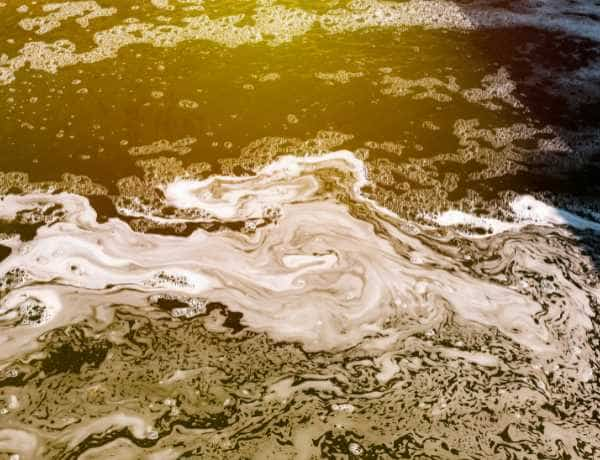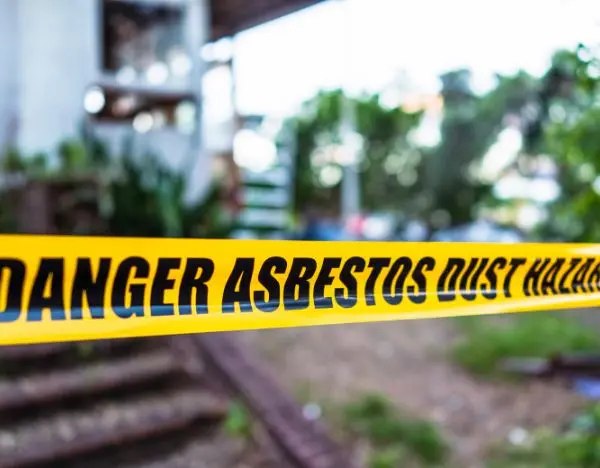
Per- and polyfluoroalkyl substances (PFAS) are a group of man-made chemicals that have been used for decades in various industrial and consumer products, such as non-stick cookware, water-resistant clothing, and firefighting foam. While these chemicals have been useful in many ways, they are also associated with various health concerns and environmental issues. This article will discuss what you need to know about PFAS, including their sources, health effects, and regulatory status.

PFAS stands for per- and polyfluoroalkyl substances, which are a group of man-made chemicals that are used in a wide range of products due to their ability to repel water and oil. They are commonly found in non-stick cookware, waterproof clothing, and firefighting foam. PFAS are concerning because they do not break down in the environment and can accumulate in the human body over time, potentially causing health problems such as cancer, immune system damage, and developmental issues.
PFAS are found in a wide range of products, including:
PFAS are used in the production of Teflon and other non-stick coatings used in cookware, bakeware, and other kitchen products.
PFAS are used to make clothing, upholstery, and carpets resistant to water and stains.
PFAS are used in the production of paper and cardboard food packaging to prevent grease from seeping through.
PFAS are used in firefighting foam to extinguish fuel fires at airports, military bases, and other locations.
The health effects of PFAS exposure are still being studied, but the following are some of the most common concerns:
Some evidence suggests that PFAS exposure may increase the risk of certain types of cancer, including kidney and testicular cancer.
PFAS exposure has been linked to infertility, low birth weight, and other reproductive problems.
PFAS exposure may weaken the immune system, making it more difficult for the body to fight off infections.
PFAS exposure can disrupt the body's hormonal balance, leading to a range of health issues, including thyroid disease and developmental delays in children.
PFAS exposure has been linked to liver damage, including an increase in liver enzymes and a higher risk of liver disease.
In recent years, there has been growing concern about the health and environmental effects of PFAS. As a result, regulatory agencies worldwide have started to take action. Here are some examples of how different countries are regulating PFAS:
In 2020, the US Environmental Protection Agency (EPA) issued a new rule that requires companies to report their use of certain PFAS chemicals to the agency. The EPA is also considering adding PFAS to its list of hazardous substances, which would make it easier for the agency to regulate these chemicals.
The European Union has banned the use of certain PFAS chemicals in food packaging and is considering further restrictions on these chemicals.
Canada has listed PFAS as a toxic substance under the Canadian Environmental Protection Act, which gives the government the power to regulate these chemicals.
Australia has established a National Chemicals Assessment Program to assess the risks associated with PFAS and other chemicals.
While it is difficult to avoid exposure to PFAS completely, there are steps you can take to reduce your exposure:
Look for products without PFAS or use safer alternatives. For example, choose stainless steel or cast iron cookware instead of non-stick cookware.
If you are concerned about PFAS in your drinking water, consider using a certified water filter to remove these chemicals.
Many fast food and takeout containers are made with PFAS, so try to avoid using them whenever possible.
Firefighting foam has long used PFAS, which can be hazardous to the health of firefighters.
If you have products containing PFAS you no longer need, dispose of them properly. Check with your local waste management facility to find out how to dispose of these products safely.
Be aware of potential sources of PFAS in your environment, such as contaminated water sources or industrial facilities that use or produce these chemicals.
Yes, many class action lawsuits have been filed in recent years related to PFAS contamination. These lawsuits typically involve individuals or groups exposed to PFAS in their drinking water or through other means who have suffered adverse health effects.
One high-profile example is the class action lawsuit against the chemical company 3M and DuPont, accused of knowingly contaminating drinking water in several states with PFAS chemicals. The lawsuit alleges that the companies' actions have led to a range of health problems, including cancer and thyroid disease, among other things.
In addition to these types of lawsuits, there have also been lawsuits filed by states and local governments seeking to hold companies accountable for PFAS contamination and to recover the costs of cleaning up contaminated sites.
In conclusion, PFAS is a group of man-made chemicals widely used in consumer and industrial products for decades. While they have been useful in many ways, they are associated with various health and environmental concerns. As regulatory agencies around the world begin to take action to address this issue, individuals must take steps to reduce their exposure to these chemicals and advocate for stronger regulations to protect public health.











